This article originally appeared in the Spring 2022 issue of the Ontario Medical Review magazine.
Physicians share how delivering care in the pandemic has impacted them and their patients
The COVID-19 pandemic has created a backlog of more than 21 million patient services — more than one medical service for every Ontarian. These delayed procedures and unprecedented waiting times have taken an enormous toll on patients and physicians. No one understands the impact as well as Ontario’s doctors, so we asked representatives from the Ontario Medical Association’s medical sections to describe how physicians are coping.
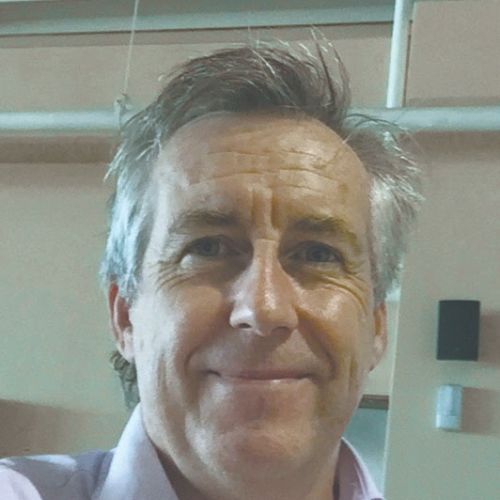

“On a personal basis, the last two years have been isolating and frustrating. However, as an oncologist, the hardest part of the pandemic has been what I’ve seen recently. I’m seeing more and more people who’ve had trouble accessing medical care because COVID has overwhelmed the system. As a direct result of this, I’m seeing patients with more advanced cancers. It’s frustrating to see people protesting things as simple as vaccines and masks on the same day I have to tell a 35-year-old breast cancer patient she has metastatic disease, that while treatable, isn’t curable. It’s heartbreaking.”


“COVID has had a significant impact on all our mental health, and frankly, it’s been difficult. I’ve had to close the waitlist of my practice (which is psychotherapy-focused) because the demand for care has been so high. A lot of patients have been reaching out for additional support, with many struggling to feel connected. Quite a few find online learning challenging. With decreased access to healthy coping outlets that are still considered safe and consistently available, I’ve seen an escalation in substance use. People miss (and desperately need) in-person activities, support caring for dependents and physical comfort from loved ones.”
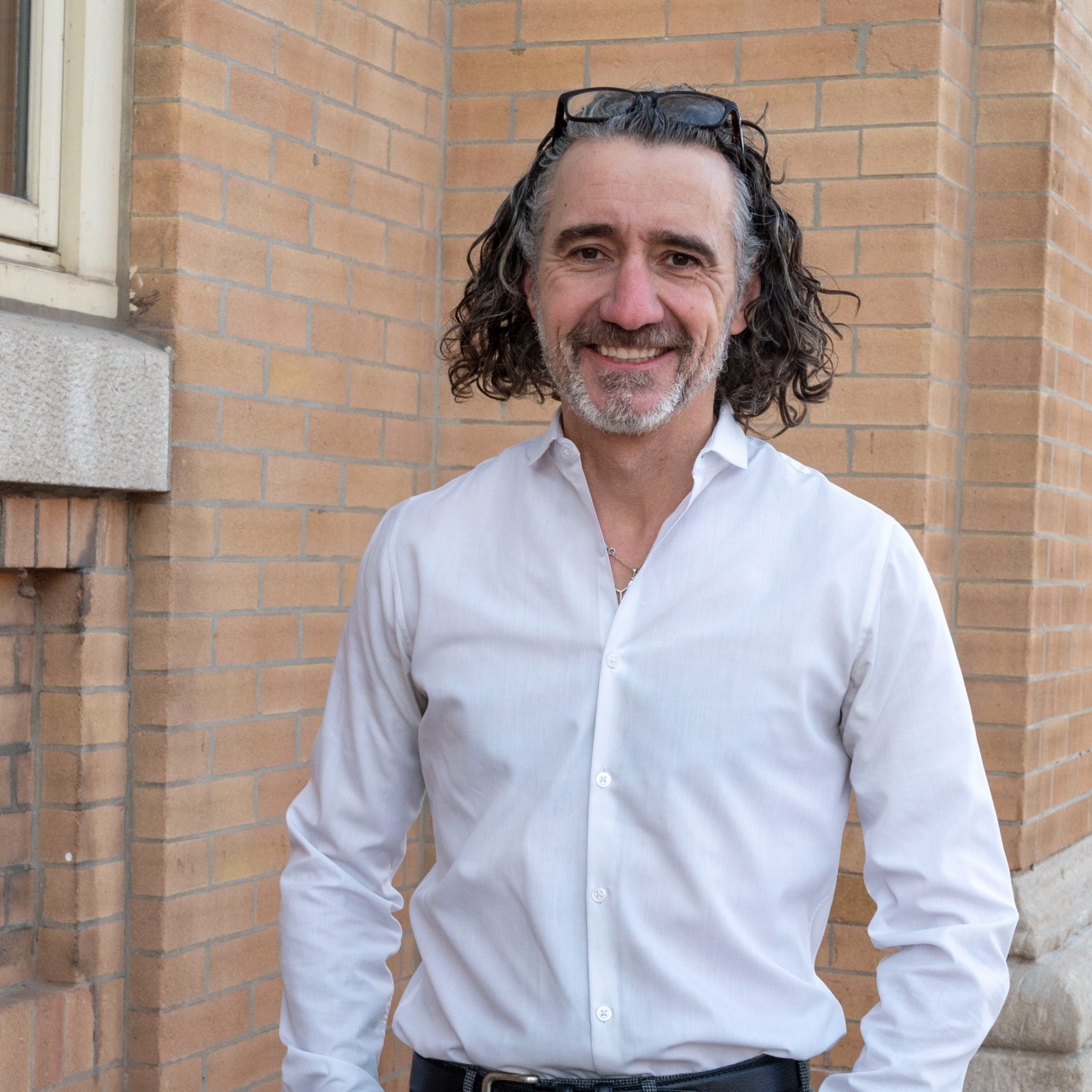

“The pandemic has been incredibly hard on Ontario’s addiction medicine physicians. Opioid overdose deaths rose by 60 per cent in the pandemic. Meanwhile, we saw fee-for-service OHIP payments for addiction and mental health services drop by over 20 per cent. Our members are being asked to do more and more with less and less. This has been emotionally and economically gruelling and many programs have struggled to stay afloat.”
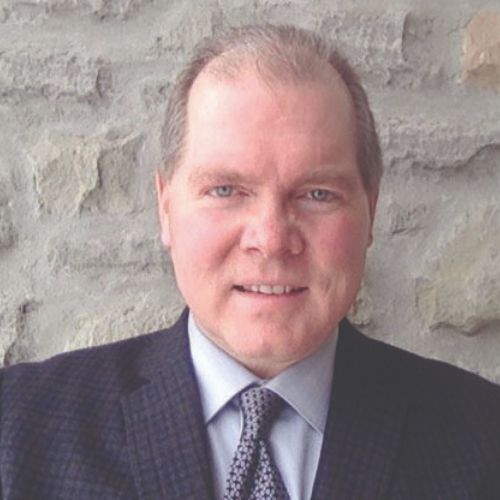

“The last two years through the pandemic have been incredibly difficult for family doctors. Yet in spite of all the challenges, family doctors have stepped up in all kinds of ways to meet the needs of our patients and our communities. Coming out of the pandemic, we must transform to put in place the supports that family doctors need to do our vital work.”
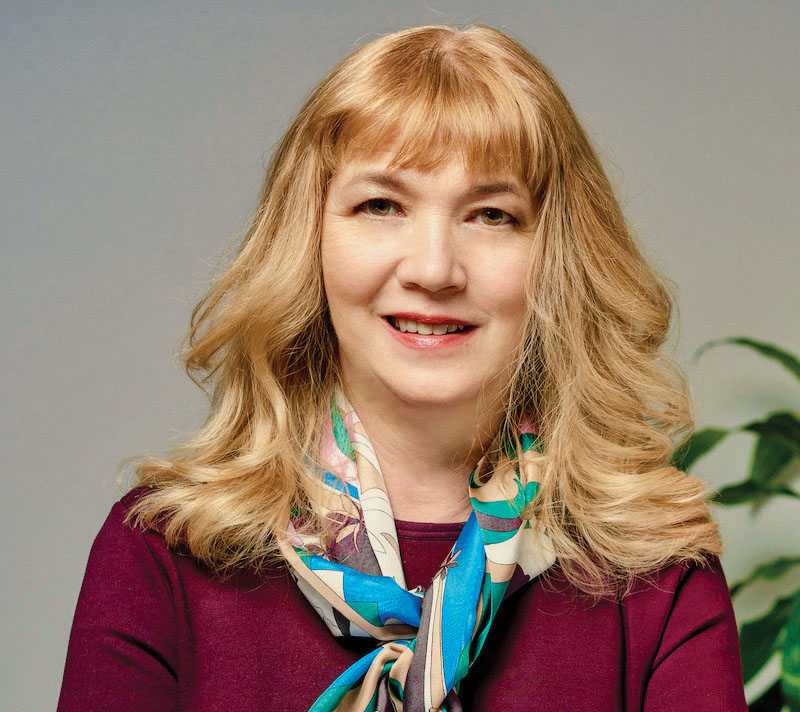

“Like most dermatologists, I have been seeing patients mainly in person from June 2020 onwards. As a specialty, we managed to pivot quickly to adopting full PPE and caring for patients safely. Advanced skin cancers and other advanced presentations of dermatologic diagnoses have been a challenge for community dermatologists, including myself. Many dermatologists close to retirement age have chosen to retire, which is currently presenting a new challenge of providing excellent consultative care. I truly believe that the dermatology community has done an excellent job during the pandemic.”
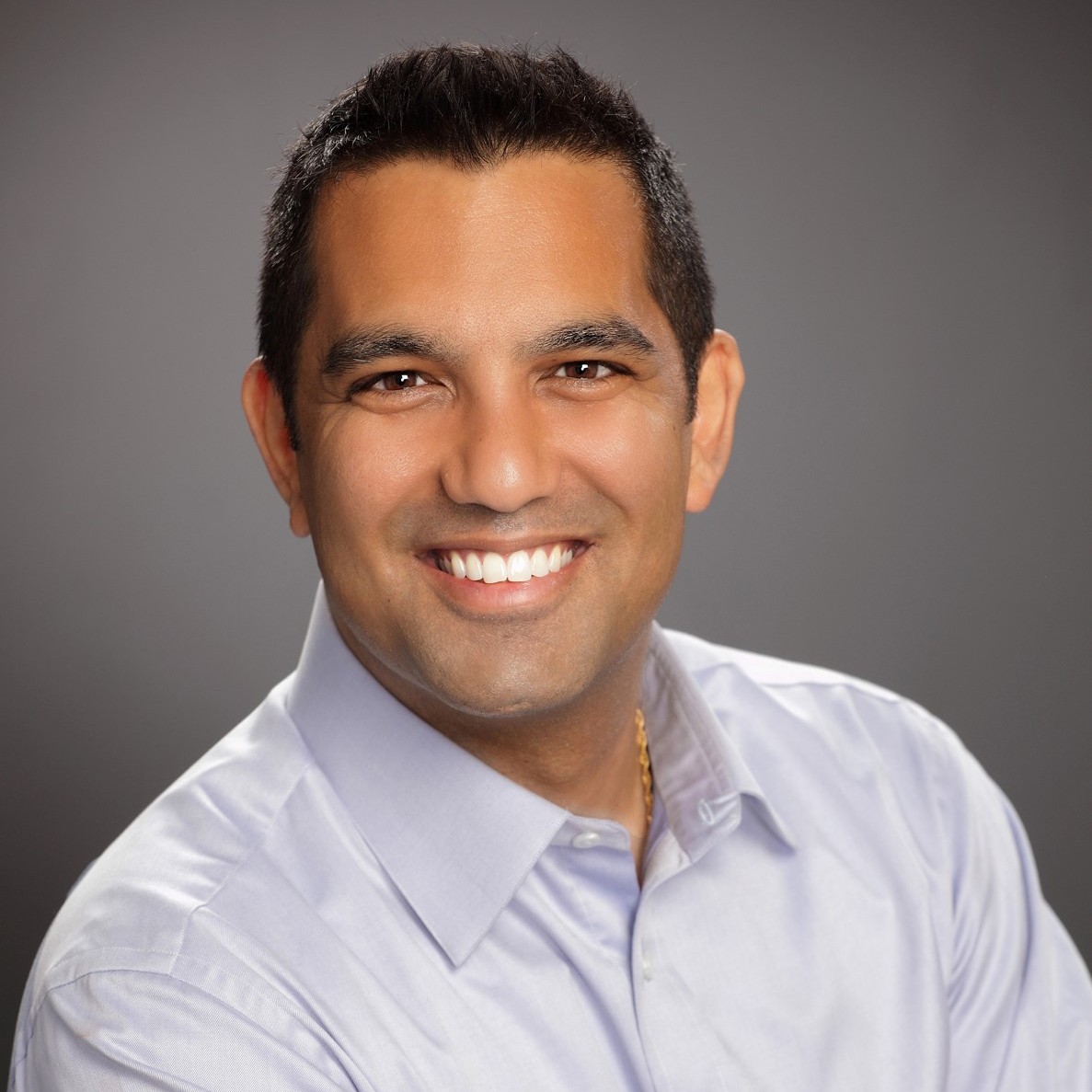

“The pandemic has amplified how under-resourced our health system is from both an infrastructure and human resource standpoint. Despite their dedication to patient care, doctors and nurses are burning out at higher rates and leaving the profession earlier than originally planned. I worry about all the patients who are not having their health concerns addressed in a timely manner. Patients are arriving at the hospital, seeking emergency care, sicker than ever. This is a consequence of the pandemic, which is likely to have lasting effects. I hope we can come up with innovative solutions to make things better for everyone.”
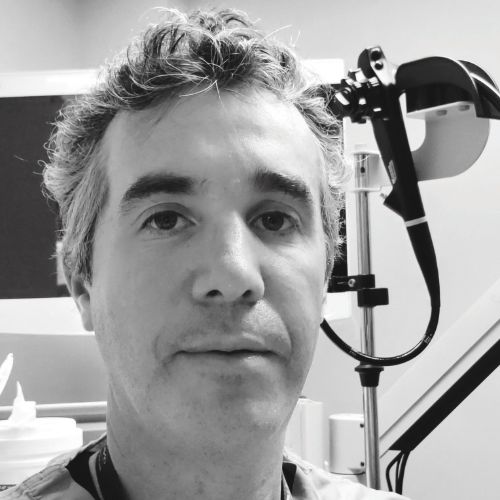

“The pandemic has created unprecedented challenges for patients requiring gastroenterology care. Prior to March 2020, timely access to endoscopy in many jurisdictions was already elusive, with significant waiting times becoming the rule rather than the exception. This problem has been exacerbated by pandemic-related directives limiting endoscopic access. These limits have dramatically reduced our ability to care for patients in a timely and effective manner. By way of example, one of my patients had been experiencing symptoms that were classified as mild and was accordingly delayed for endoscopy on multiple occasions due to ministry directives and human resource constraints. Only after her symptoms progressed did she become eligible for endoscopy and was diagnosed with colon cancer. This is unfortunately just one example that has repeated itself in various contexts across a wider scale. Gastroenterologists have shared in our patients’ frustration as access to endoscopic care has become critically compromised. While the pandemic has magnified these vulnerabilities, the problem predates the pandemic. These backlogs will continue to persist, even after the pandemic recedes, unless the root causes are meaningfully addressed. There is an obvious need to invest in out-of-hospital endoscopy to ensure continued and consistent access when such services cannot be provided in hospital.”
“COVID. The unprecedented disruption to health-care services from the pandemic has been profound for everyone. We are in an endurance test of vacillating emotions and deep frustrations, uniting physicians and patients alike. There has been an increased need for mental health-care services across the province, highlighting pre-existing disparities in access. Despite the challenges, there have also been opportunities to redesign the provision of mental health care by the ongoing use of hybrid models (for example, in-person and virtual visits). With continued support for these innovations, more people in more places can receive care.”